In recent years, the tourism industry has witnessed a drastic change in tourist behavior. Instead of choosing the convenience and safety of package tours, now with the development of technology, abundant information sources, and the increasing demand for personalized experiences, tourists tend to design their own itineraries (Free Independent Traveler).
Deputy Director of the National Tourism Administration Ha Van Sieu said that this trend poses an urgent need, forcing travel businesses to change their business thinking, product models and customer approach methods so as not to... fall behind.
Faced with challenging market changes, experts and representatives of travel agencies shared many strategic perspectives, suggesting innovative policies and models to suit the development trends of global tourism.
Repositioning roles in the digital ecosystem
Chairman of the Vietnam Tourism Association, Mr. Vu The Binh, assessed that the travel industry has a special role. Although this sector only accounts for 10% of direct labor, it has a comprehensive role and creates a driving force for the entire industry. Therefore, the current new context is the time for the travel industry to strongly innovate both thinking and action, to accelerate the goal of "rich and powerful" of the country.
The constant growth of online platforms, changing travel needs, and “disintermediation” have forced businesses to re-evaluate their business models, redefine their core values, and strive to regain control of customer data.

“If businesses do not digitize, do not grasp customer data, do not create value that customers cannot create themselves, they will be surpassed by OTA platforms and new intermediary models. On the contrary, businesses that know how to 'keep up' will open up new growth spaces, beyond the limits of traditional tours,” Mr. Ha Van Sieu warned.
Meanwhile, Director of the Institute of Tourism Economics , Dr. Nguyen Anh Tuan, said that Vietnamese travel businesses are facing two choices: becoming "satellites" of international platforms, depending on algorithms with low profit margins, or repositioning their role as experience creators, leading the product-service-emotion value chain, thereby opening up opportunities for sustainable development.
However, according to Mr. Nguyen Anh Tuan, the current challenges of travel agencies are limited digital capacity; limited capital and human resources; and weak green and sustainable supply capacity due to lack of investment.
“Innovation in thinking - innovation in action” is the direction that the management agency sets for the entire industry, to promote tourism to transform from traditional operations to technological operations, from selling services to selling specialized values, from individual activities to ecosystem connections. Therefore, the requirement for innovation is mandatory.
So how to innovate? Chairman of the Vietnam Tourism Association, Mr. Cao Tri Dung, emphasized that this period, more than ever, is the time when the travel industry needs to be more proactive and creative. “Build products with unique marks, create differences, and at the same time accelerate the application of technology in management, operation, product design and database digitization,” Mr. Dung said. However, he also noted that digital transformation needs to be substantial and should not follow trends or trends.
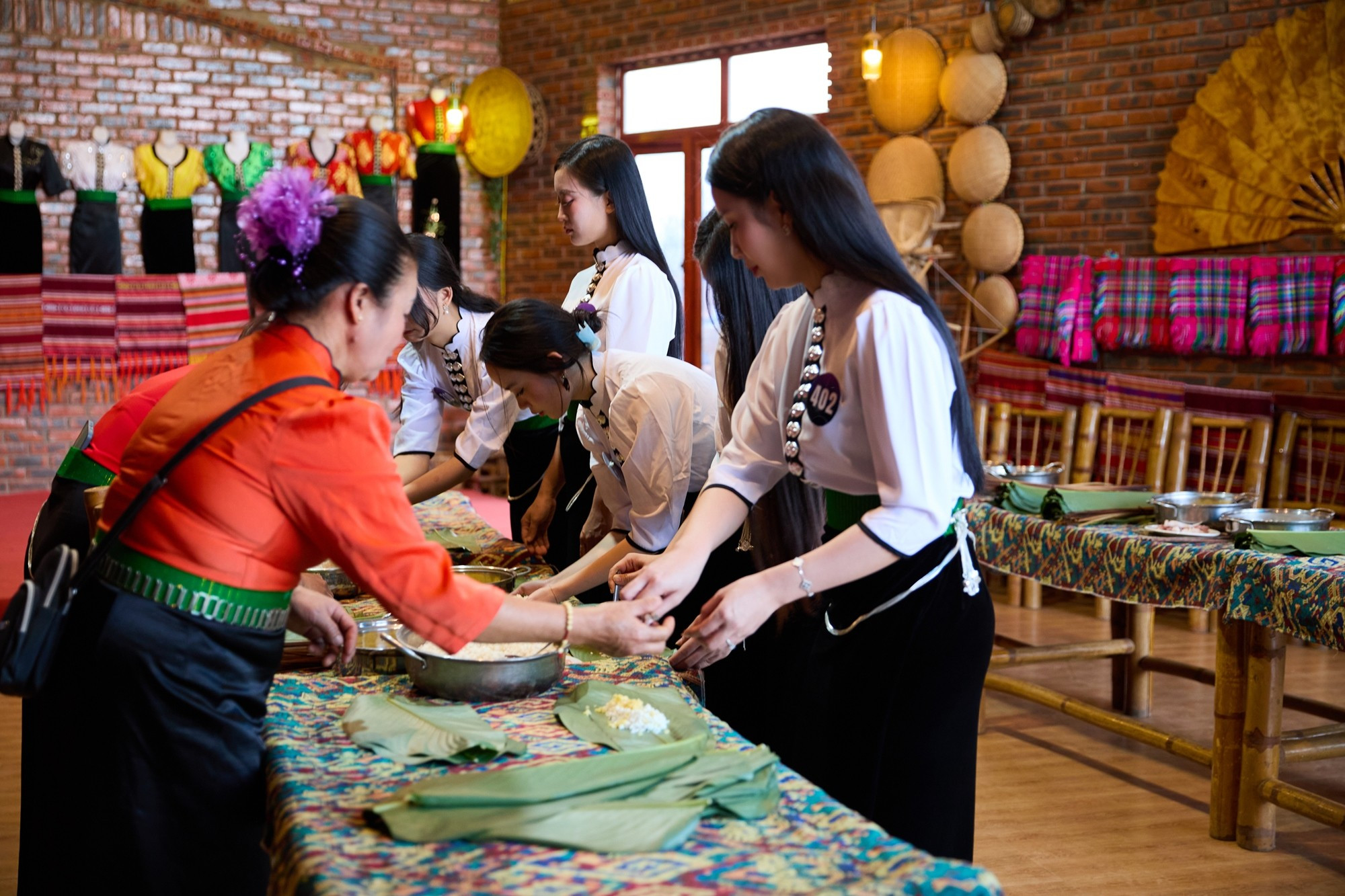
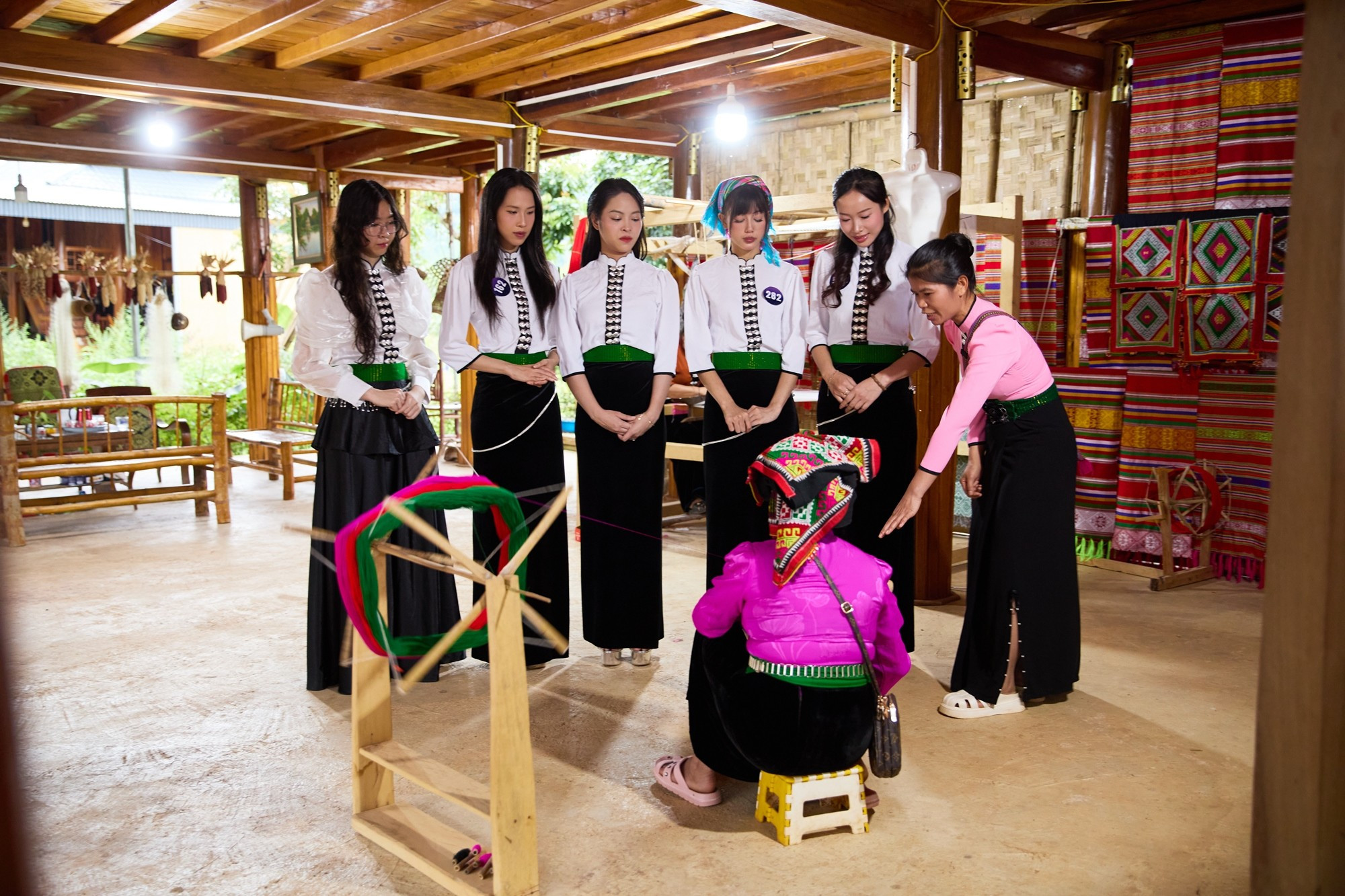
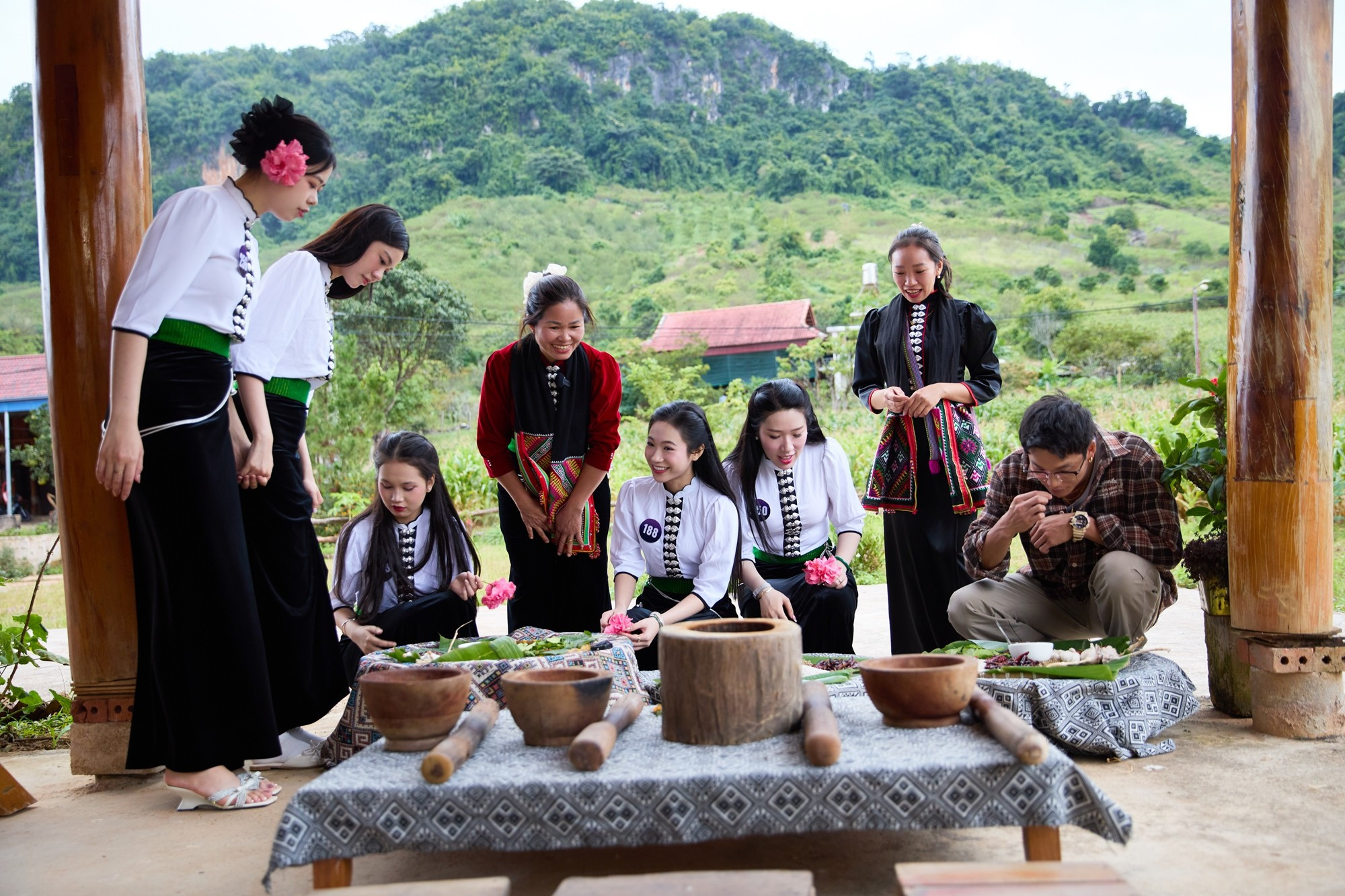
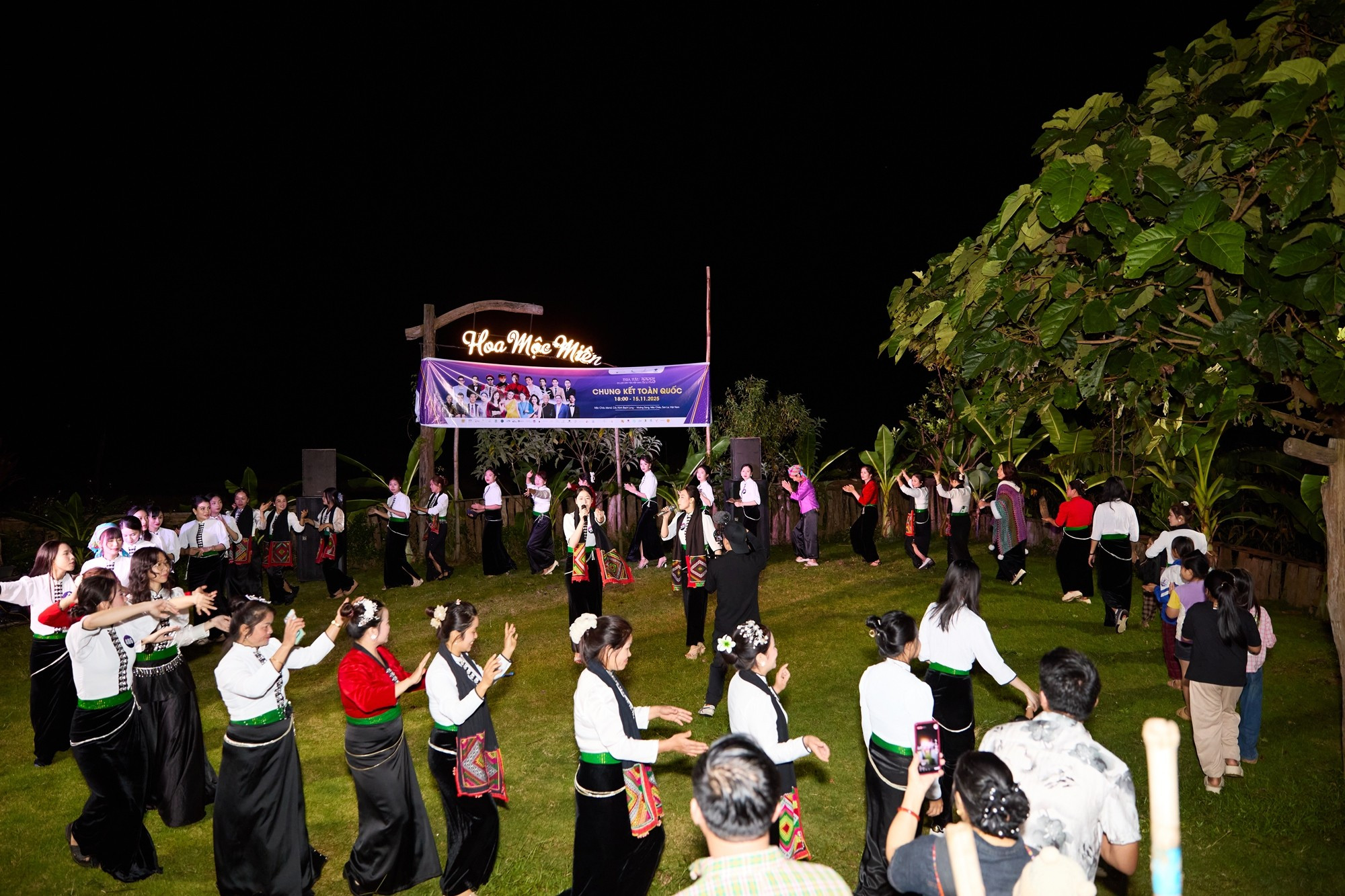
According to experts, before “getting down to work,” businesses need to clearly define their goals, operational needs, financial capacity, and human resource quality. Choosing the right platform and investing in the right focus is the way to help businesses avoid waste and ensure sustainable efficiency.
Refreshing product thinking, "selling" memory experiences
Building attractive and distinctive tourism products associated with unique local culture is a factor that helps travel agencies win the hearts of customers, and is a way to "deeply imprint" the image of the destination in the minds of tourists.
However, the reality is that the unique values that make up the competitive strength of Vietnam's destinations have not been fully exploited, and the media still lacks emotion, making it difficult to reach the hearts of tourists. Therefore, the national tourism brand has not created a strong enough spread.
Chairman of Lux Group, Mr. Pham Ha, stated that the Vietnamese tourism market still has a gap in cultural depth in its products. Based on the actual operations of his business, he affirmed that the most sustainable direction and the strongest driving force for development is cultural tourism.
Lux Group has been a pioneer with unique products such as bringing art collections onto cruise ships, telling Vietnamese cultural stories in the language of tourism, coming to Net Zero tours, or "reviving" the ca tru space in the heart of the world natural heritage... All have shown that the new experience value is the factor that retains tourists.
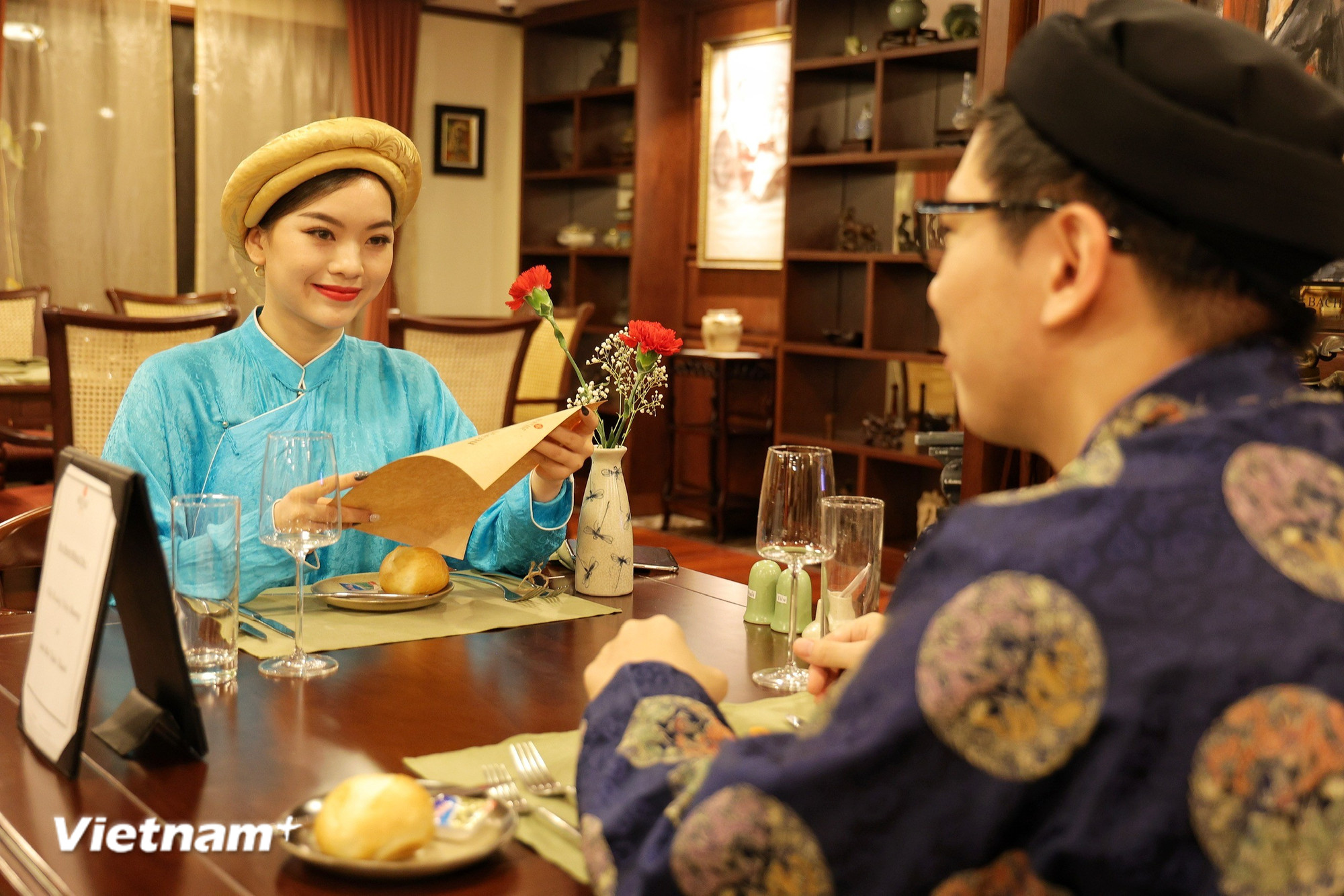
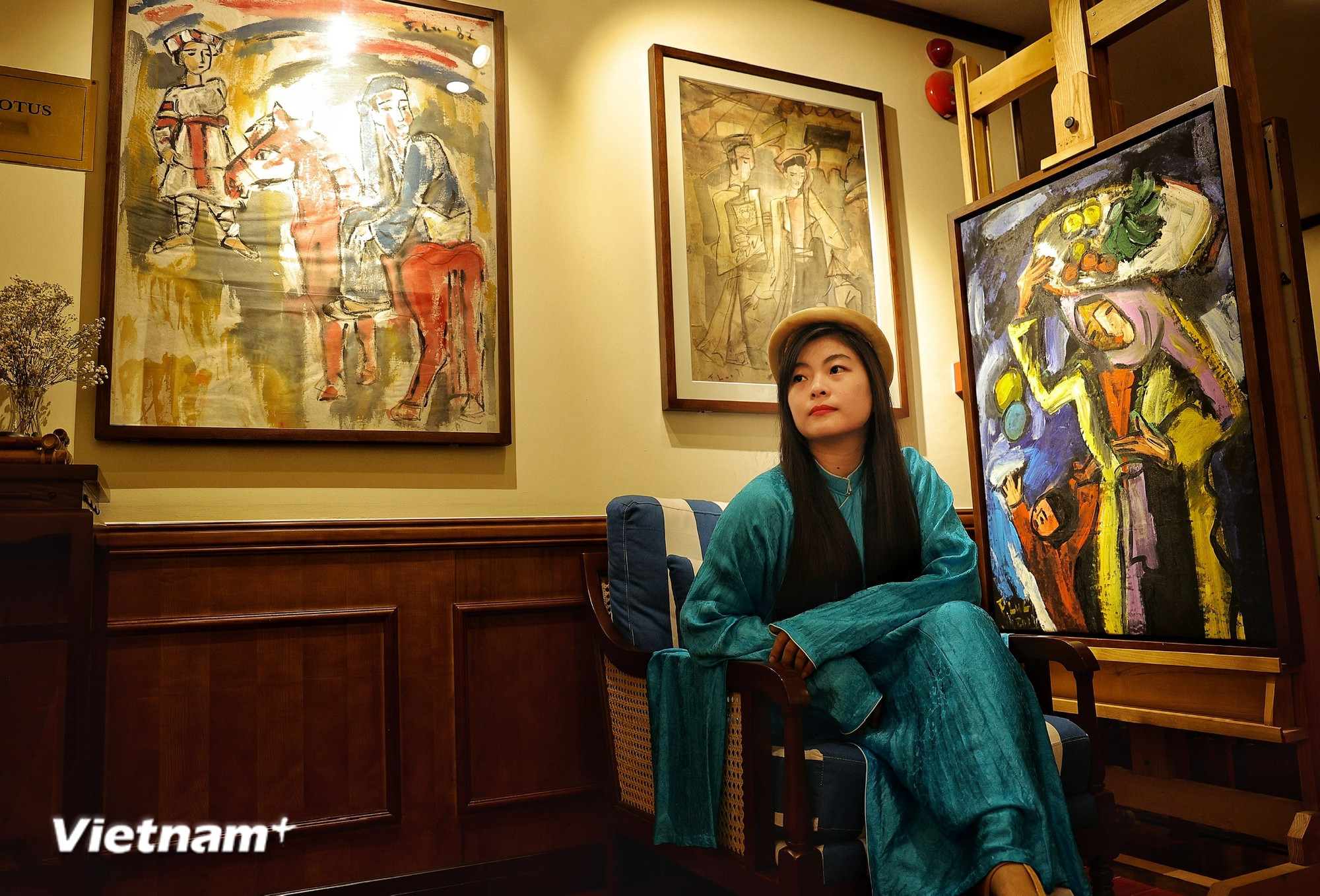
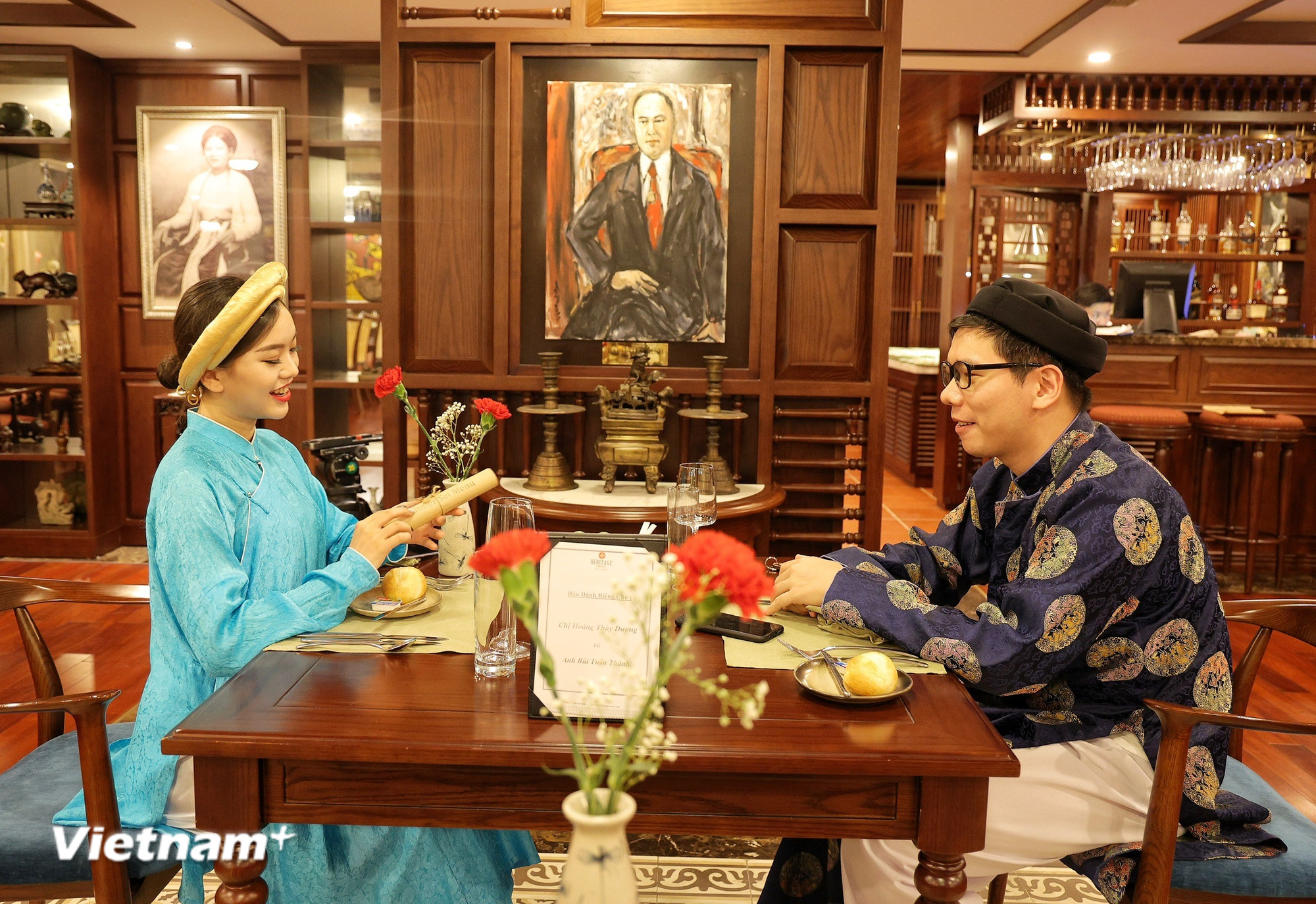
“We don’t sell meals or journeys. We sell experiences that can touch the memories of tourists,” Mr. Pham Ha emphasized.
Faced with this pioneering transformation, Deputy Director Ha Van Sieu said that what travel businesses cannot delay now is to develop creative services, shifting from selling quantity to creating quality experiences with a professional, modern and sustainable development mindset. This mindset not only retains tourists but more importantly contributes to positioning the Vietnamese tourism brand on the world map.
“In the new era, Vietnamese tourism has many opportunities to grow strongly. But those opportunities only come to those who know how to adapt, innovate their thinking, innovate their ways of doing things, and take decisive action. Travel businesses need to determine their role as no longer 'tour sellers,' but must become pioneers in creating experiences, leading trends, applying technology, spreading culture, and enhancing the value of Vietnam's tourism industry,” Mr. Ha Van Sieu emphasized./.
Source: https://www.vietnamplus.vn/khong-con-de-ban-tour-lu-hanh-tai-dinh-vi-vai-tro-ben-vung-cach-nao-post1078883.vnp




![[Photo] Next to the "mountain of trash" after the flood, Tuy Hoa residents strive to rebuild their lives](/_next/image?url=https%3A%2F%2Fvphoto.vietnam.vn%2Fthumb%2F1200x675%2Fvietnam%2Fresource%2FIMAGE%2F2025%2F11%2F24%2F1763951389752_image-1-jpg.webp&w=3840&q=75)





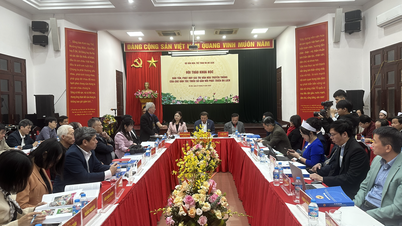

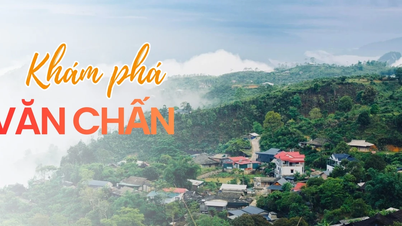






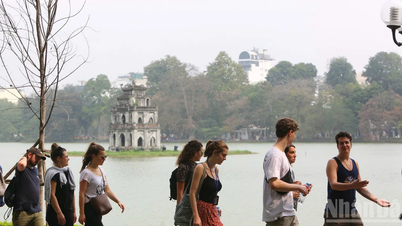

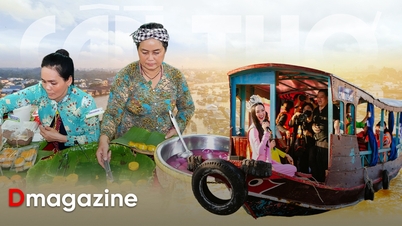
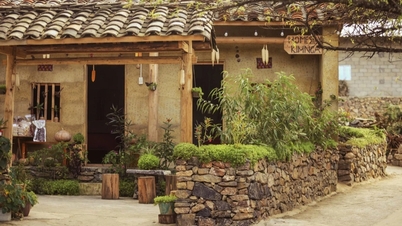
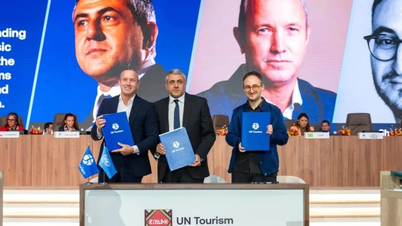






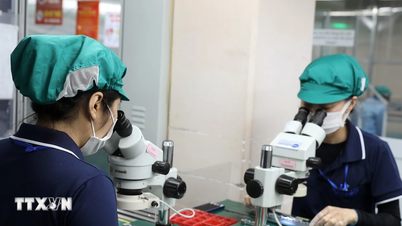
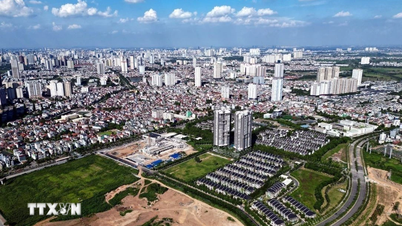
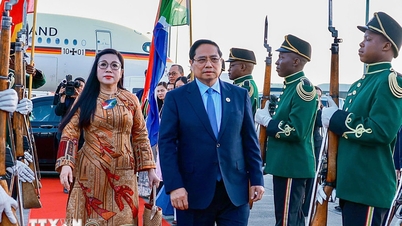
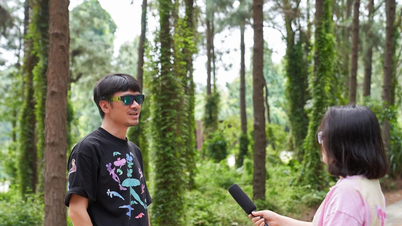
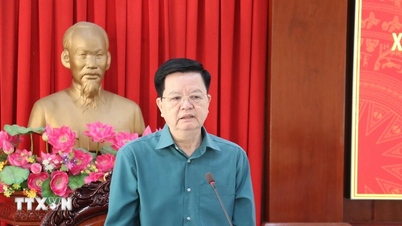
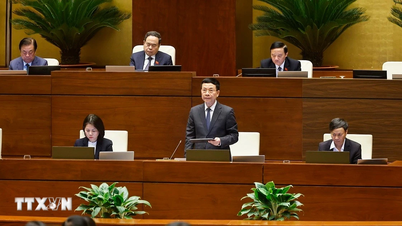

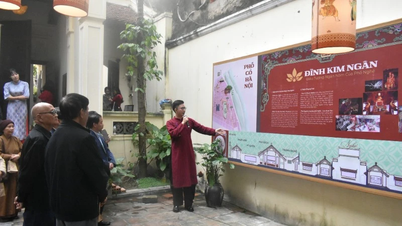

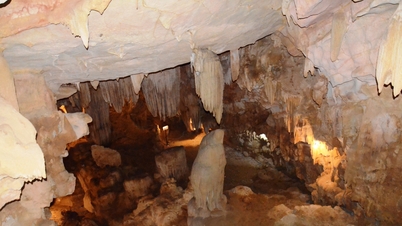

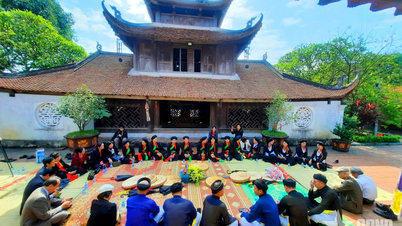

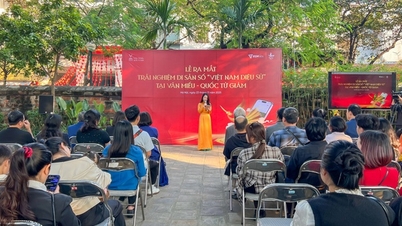

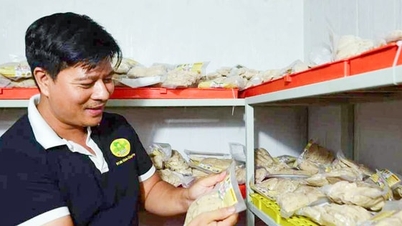





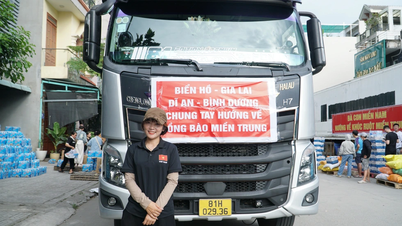

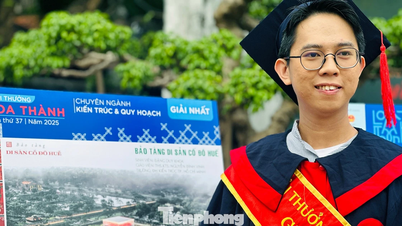


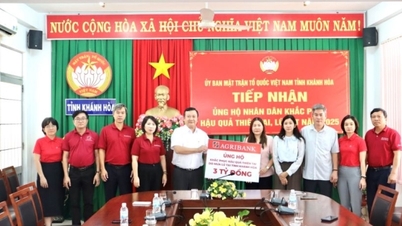



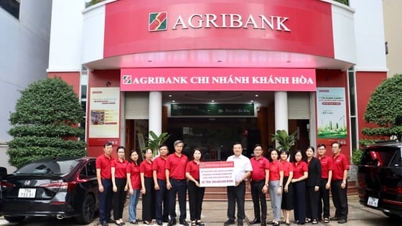









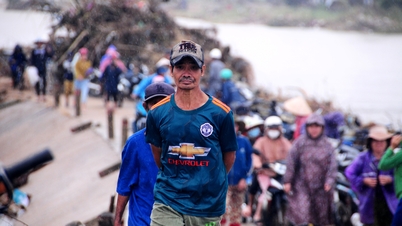
![[Photo] General Secretary To Lam attends the National Conference to review the Party's inspection, supervision and discipline enforcement work in 2025 and the 13th Congress term](https://vphoto.vietnam.vn/thumb/402x226/vietnam/resource/IMAGE/2025/11/24/1763967570884_anh-man-hinh-2025-11-24-luc-13-59-19.png)
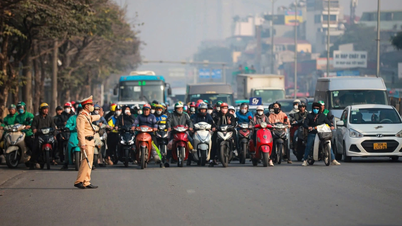
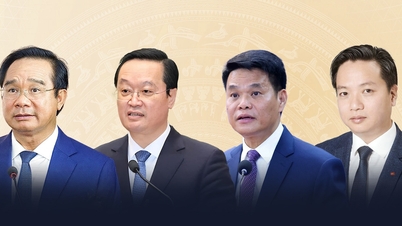
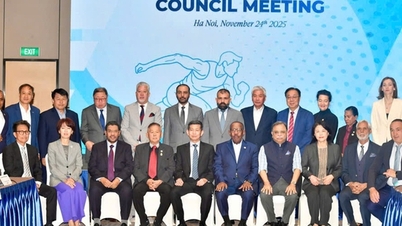
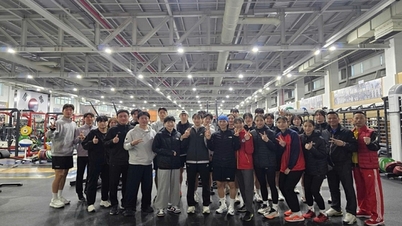
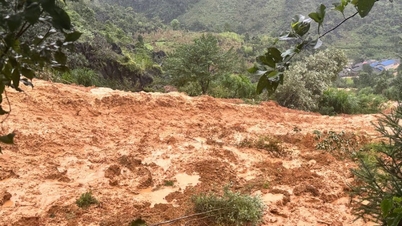

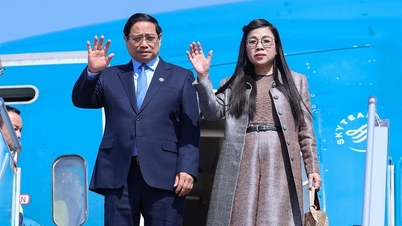
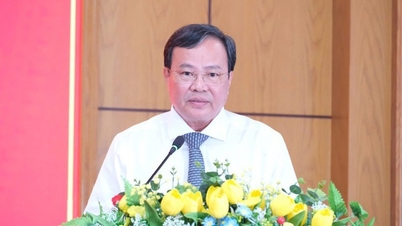


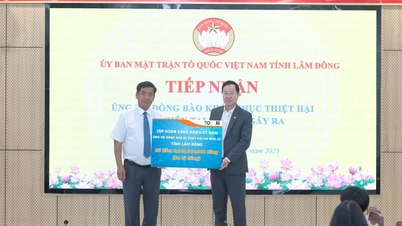

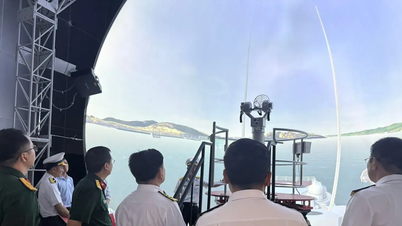

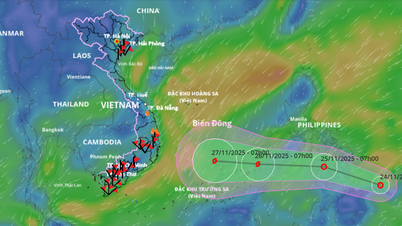



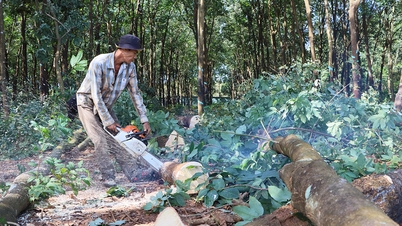

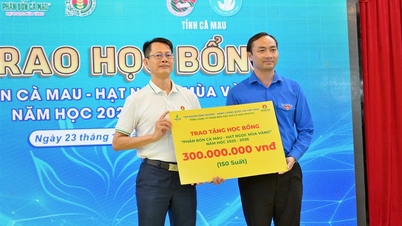









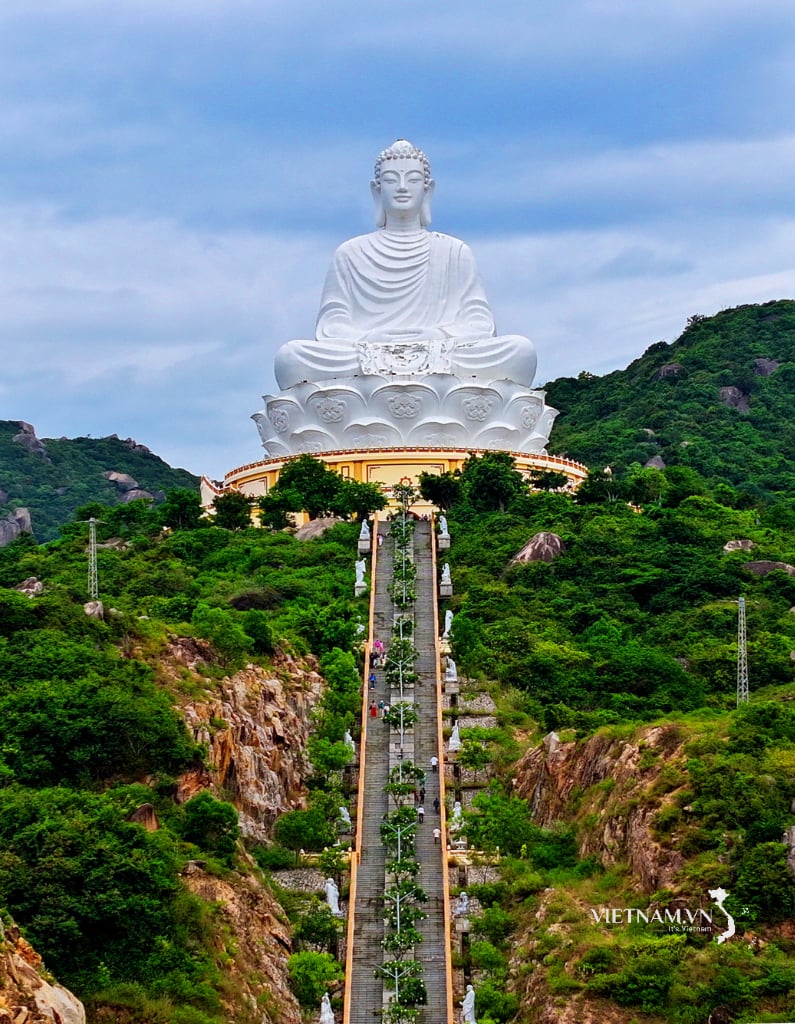

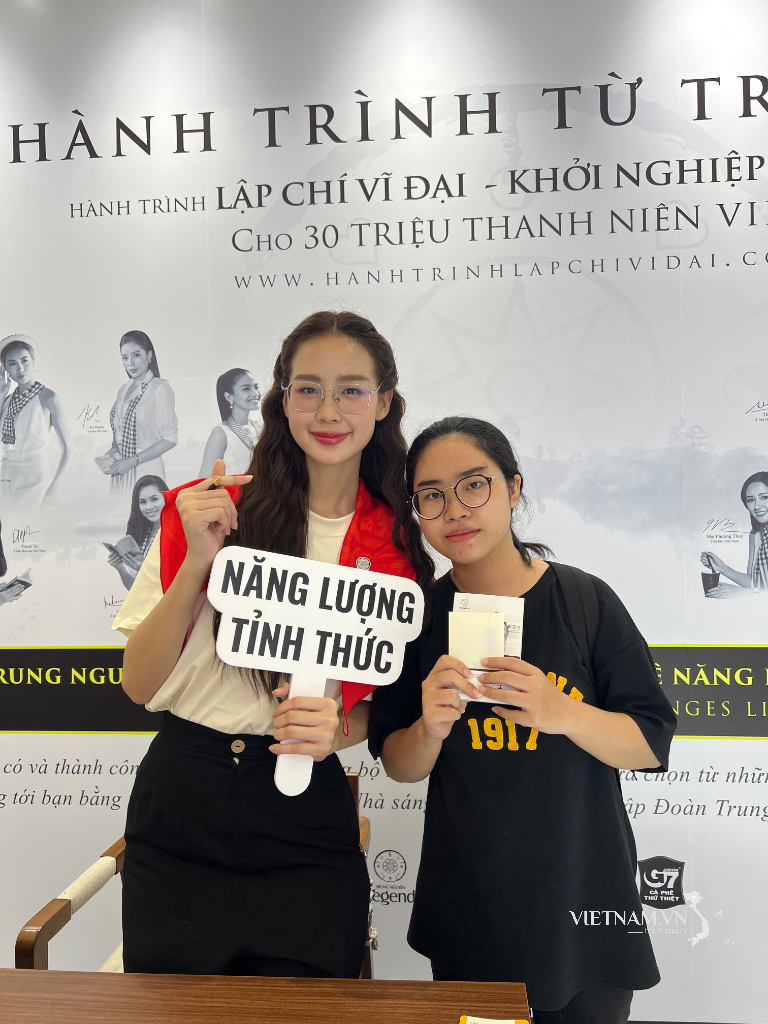
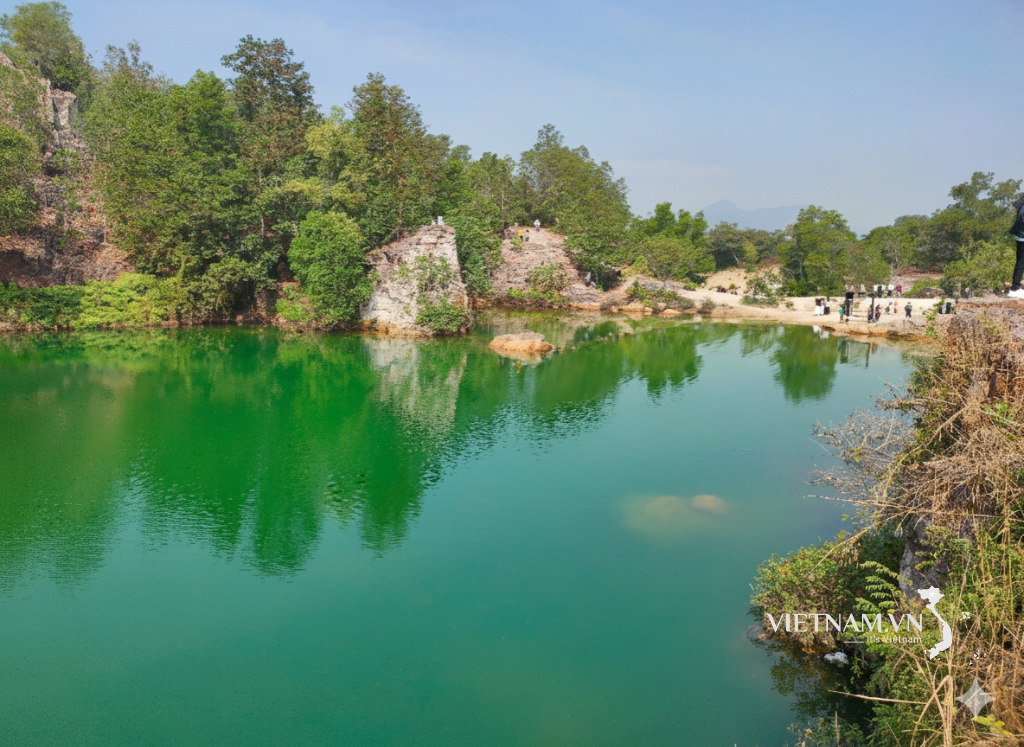
Comment (0)